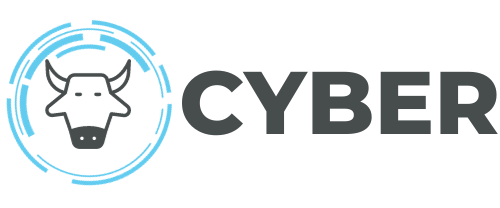We lock our doors at night. We teach our kids not to talk to strangers. We don’t leave our wallets lying around in public.
Yet somehow, when it comes to our digital lives… we often forget those same instincts.
At OxCyber, we’ve had countless conversations with professionals, parents, teachers — even cybersecurity pros — who’ve realised just how much our real-world habits affect our online safety. So let’s unpack that a bit, shall we?
Physical vs. Digital Security: The Similarities Are Scary
If someone knocked on your front door asking for your passwords, would you tell them?
No?
Then why do so many people hand over that same information through phishing emails, fake tech support calls, or those sneaky “You’ve won a prize!” pop-ups?
Your real-life caution should extend into your digital world. If it seems off… it probably is.
Social Media = The New Neighbourhood Gossip
Oversharing online is the modern equivalent of shouting your holiday plans to the entire street.
We’ve seen cybercriminals use details like:
- Pet names (hello, password clues!)
- Birthdays
- Job titles
- School runs
…to build profiles, guess passwords, or launch tailored scams.
A good rule of thumb? If you wouldn’t shout it across a crowded café, don’t post it online.
Hygiene Matters (Yes, Even Digital)
You wash your hands, right? Brush your teeth? Lock your car?
All good hygiene habits — and in cybersecurity, we need digital hygiene too:
- Update your software regularly
- Use strong, unique passwords (and a password manager!)
- Enable 2FA (Two-Factor Authentication)
- Don’t reuse login details across sites
Real People, Real Consequences
We’ve worked with businesses where one small slip — a shared password, a misplaced USB, a link clicked in a rush — led to data leaks, downtime, and huge reputational damage.
Cybersecurity isn’t just for IT teams. It’s for everyone. From the intern to the CEO.
Cybersecurity isn’t just a tech problem. It’s a people problem. And the good news? People can change habits.
So let’s bring some of that offline common sense into our online lives.
Because staying safe in today’s world means treating your digital self with the same care you give your real one.

